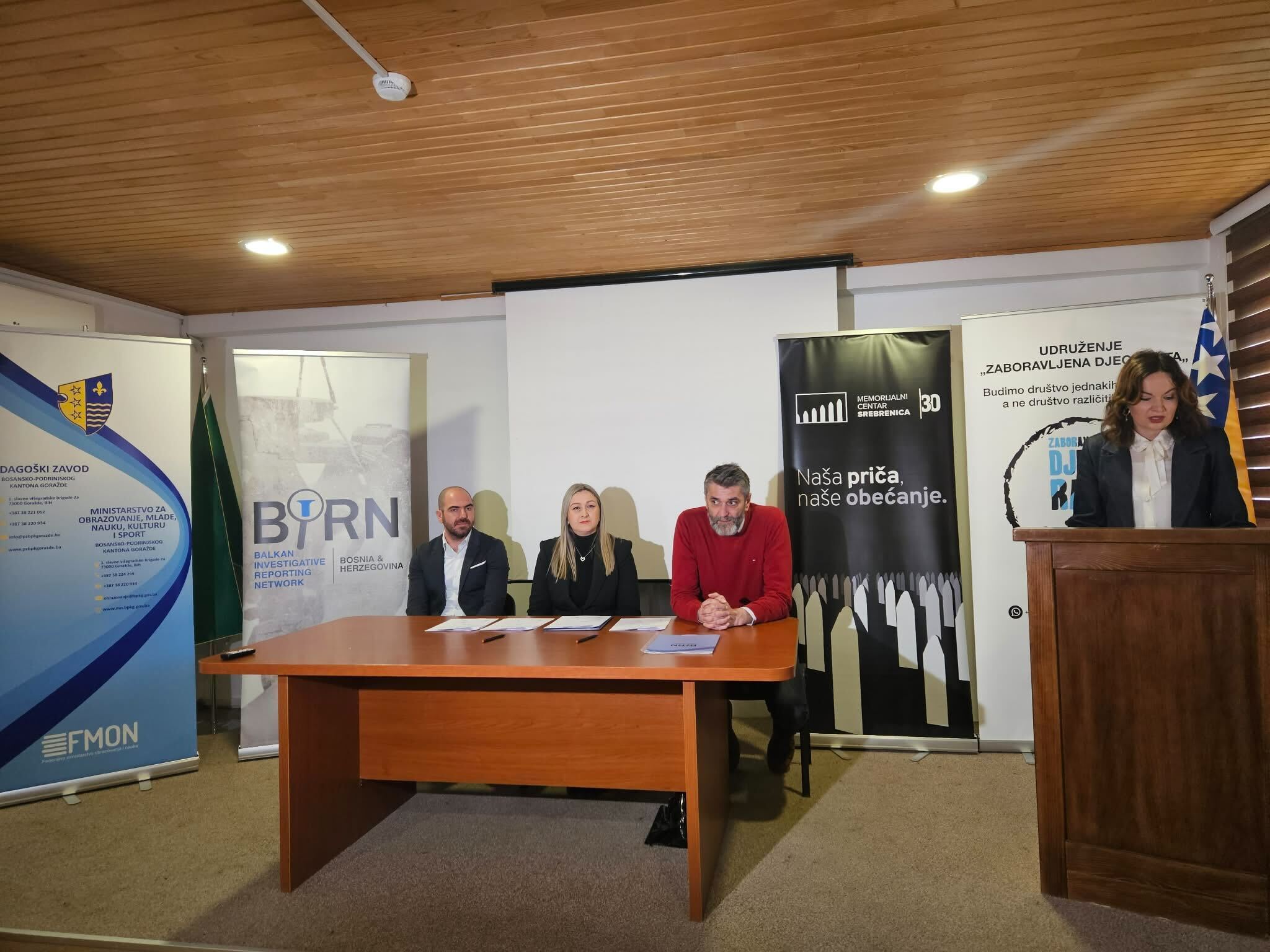This post is also available in: Bosnian
The Humanitarian Law Centre NGO said in a report published on Wednesday that in the summer of 1995, the Serbian Ministry of Internal Affairs forcibly mobilised around 10,000 refugees and took them back to territories under the control of the Bosnian Serb Army in Bosnia and the rebel Serb-run Army of the Republic of Serbian Krajina in Croatia.
The HLC’s dossier shows how the governments of Yugoslavia, Serbia, Republika Srpska in Bosnia and the Republic of Serbian Krajina in Croatia made a deal to return the refugees to the frontlines in Bosnia and Croatia.
The move to send back refugees to do military service in Bosnia and Croatia began in 1993, says the dossier, which is entitled ‘Forcible Mobilisation of Refugees’.
It quotes the record of a Yugoslav Supreme Defence Council meeting at the end of 1993, at which Serbian President Slobodan Milosevic said there was “a whole body of military deserters who are involved in crime in Yugoslavia and avoiding defending their country there . It is pointless for volunteers to leave here and for to wander around Belgrade and Serbia.”
Ivana Zanic, the director of the HLC, said this showed how the Serbian authorities treated wartime refugees.
“So at the end of 1993 it was already absolutely clear how the authorities in Serbia perceived refugees, not like someone who came to Serbian territory to find salvation but like someone who deserted from the army and who in Serbia, in other words the Federal Republic of Yugoslavia at that time, was involved in crime and walked the streets freely,” Zanic said.
However, the Yugoslav authorities were afraid that international organisations could accuse them of forcible mobilisation, and at the next Supreme Defence Council meeting, Milosevic said that he made a deal with Republika Srpska’s President Radovan Karadzic and Republika Srpska National Assembly speaker Momcilo Krajisnik that they should ask in writing for their citizens to be sent to the Bosnian Serb Army or the Army of the Republic of Serbian Krajina in Croatia.
Jovana Kolaric from the HLC, the author of the dossier, said people were taken away from refugee centres, relatives’ houses, workplaces, student residences and even from the streets.
“Among the forcibly mobilised refugees there were people who had regulated refugee status, as there were some who did not have that status regulated. But there were citizens of the Socialist Federal Republic of Yugoslavia who at some period of their life just lived or had a property in Bosnia or Croatia, and there were a smaller number of women mobilised too,” Kolaric said.
After being arrested in Serbia, the refugees were handed over to the Bosnian Serb Army, the Army of the Republic of Serbian Krajina in Croatia and paramilitary units in Bosnia and Croatia.
One of them, Zoran Rajsic, said at the presentation of the HLC dossier that he escaped Croatia in August 1995.
He and his family went to Banatsko Veliko Selo in northern Serbia and then went to register as refugees. The day afterwards, police arrived.
“There were about 12 or 13 police officers, and a bus and a van, and we were told we were going to the frontline, going back there… And we were all dressed in more or less military uniforms and went by bus to Kikinda ,” Rajsic said.
In Kikinda, they were brought together with people arrested in other places and were eventually driven to the Erdut training centre, a military camp in a village in eastern Croatia that was commanded by notorious paramilitary leader Zeljko Raznatovic, alias Arkan.
“The Serbian Volunteer Guard welcomed us there. Not ‘good evening’ or anything, only insulting words – that we were traitors, drunkards and so on,” Rajsic said.
The HLC’s dossier is based on more than 500 statements from refugees who were forcibly mobilised, or from their family members, as well as evidence from the International Criminal Tribunal for the Former Yugoslavia and court documents from more than 120 cases of people who sued the Serbian state for compensation for forced mobilisation.
Zanic said that the HLC has represented more than 720 people in such cases.

